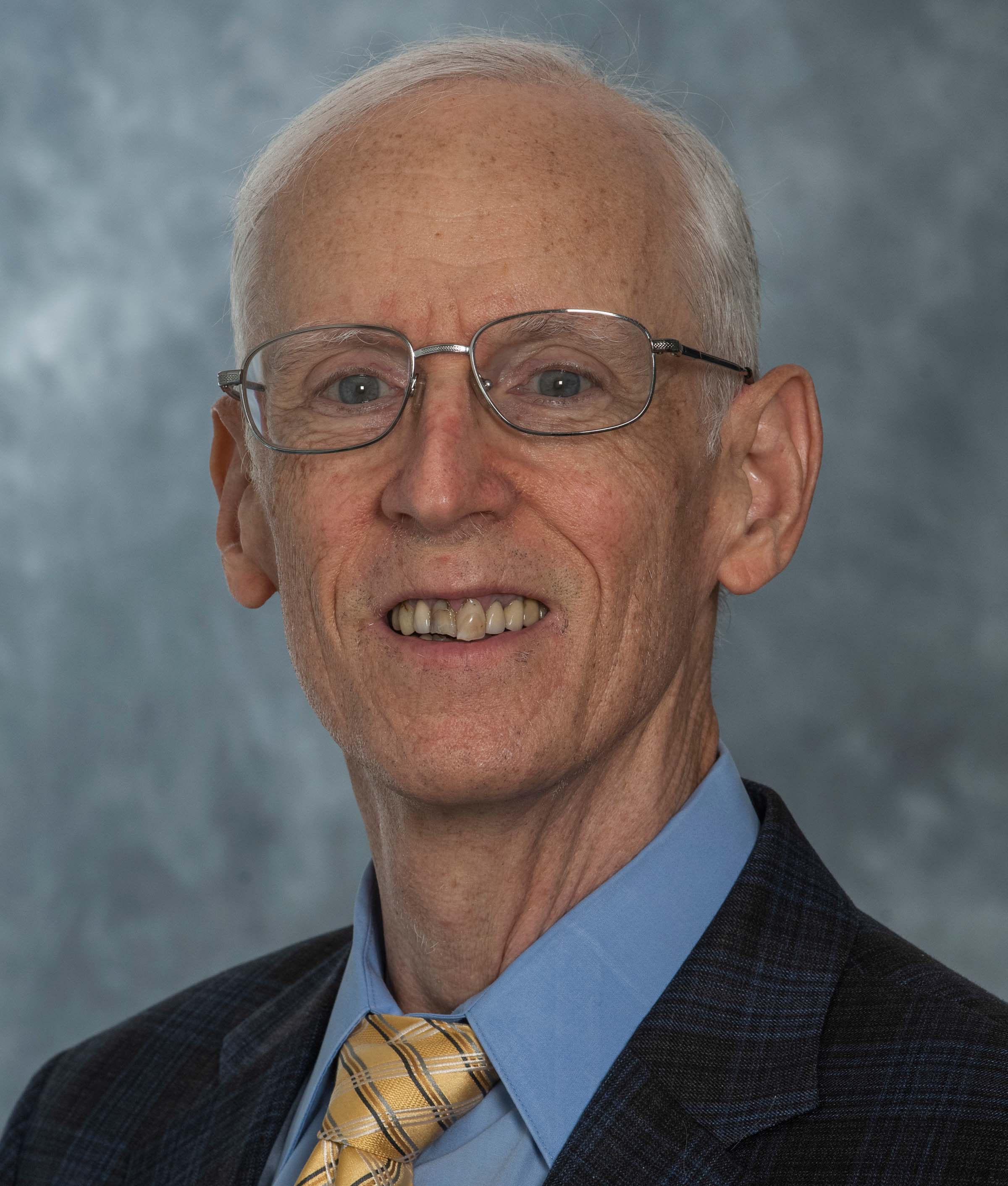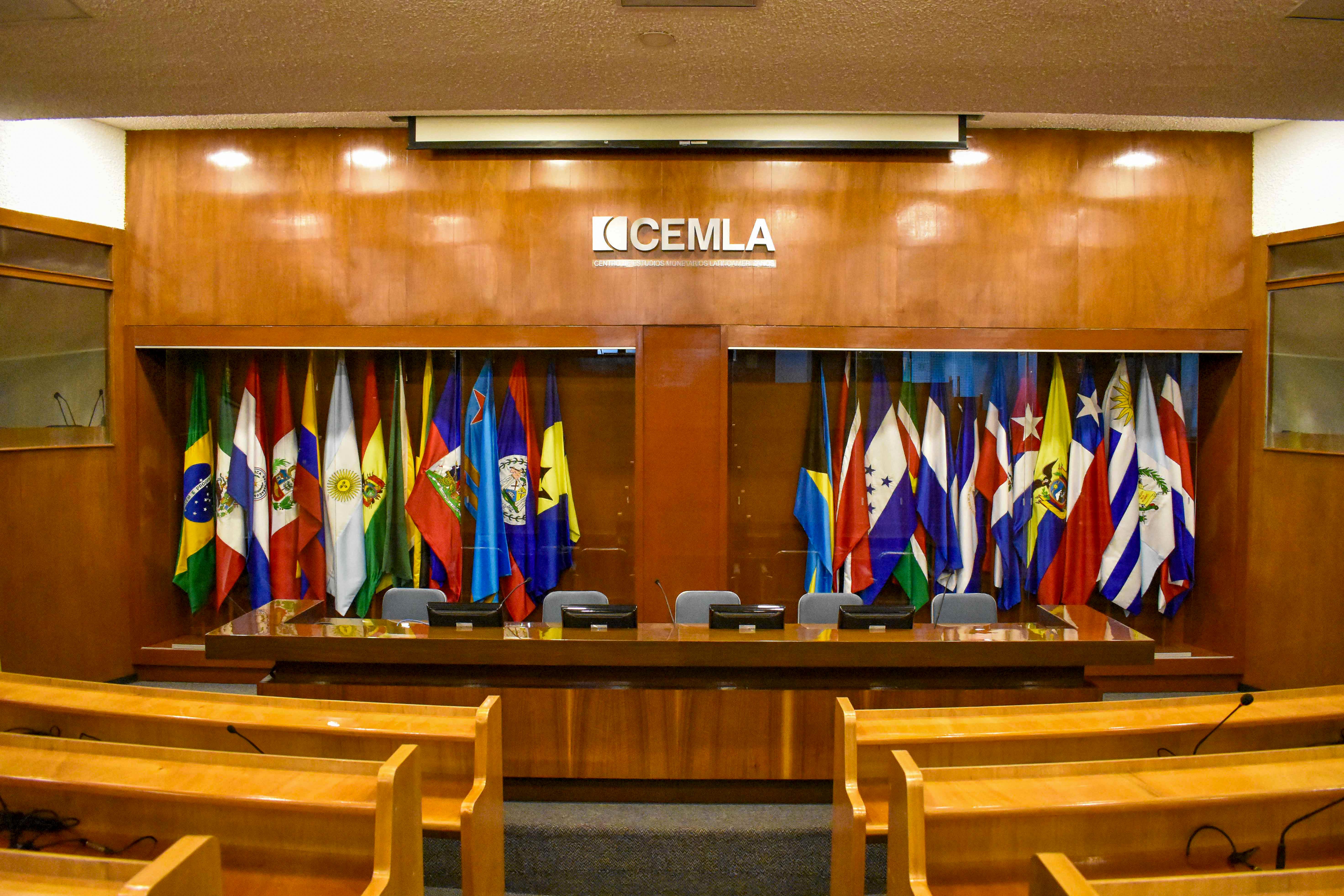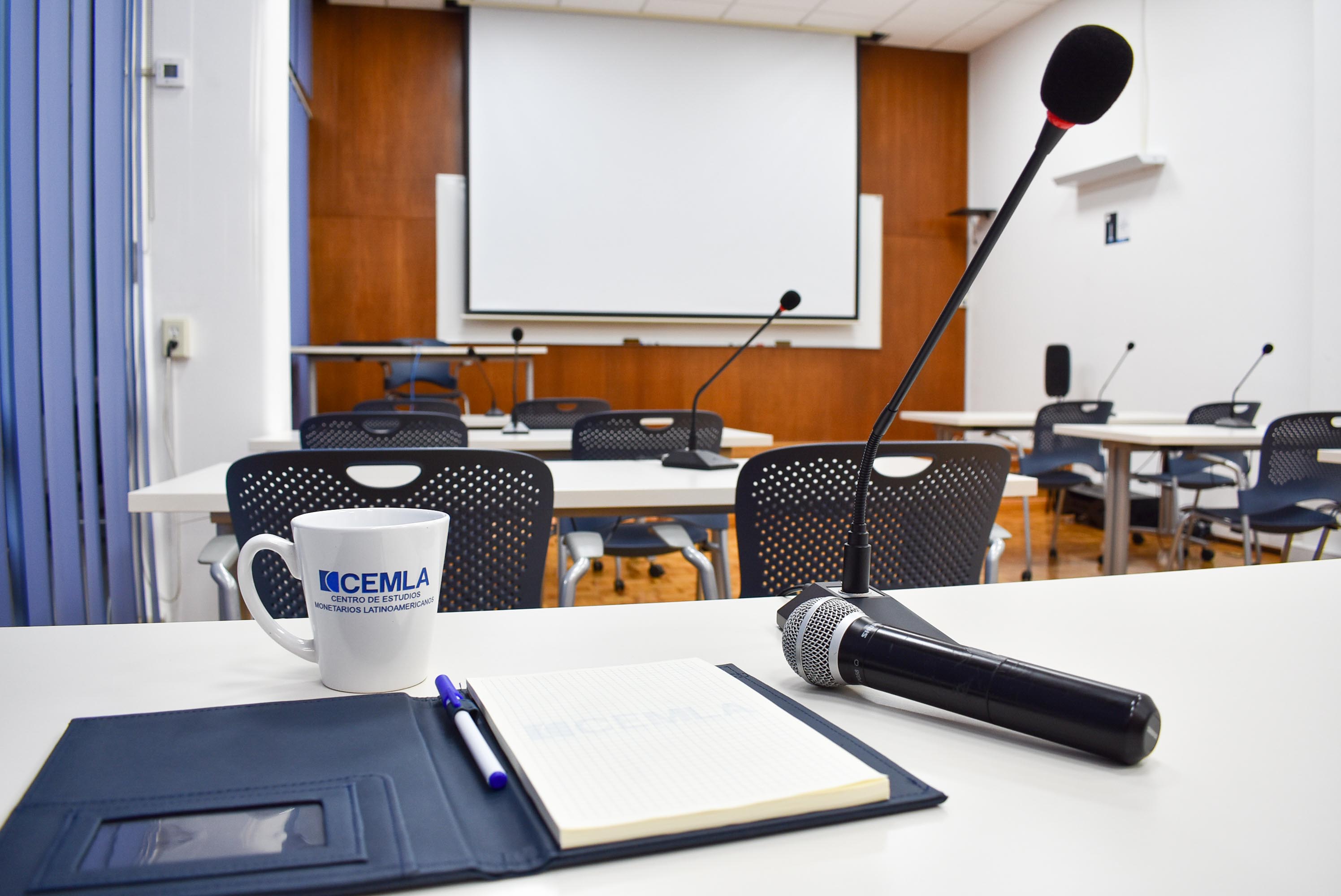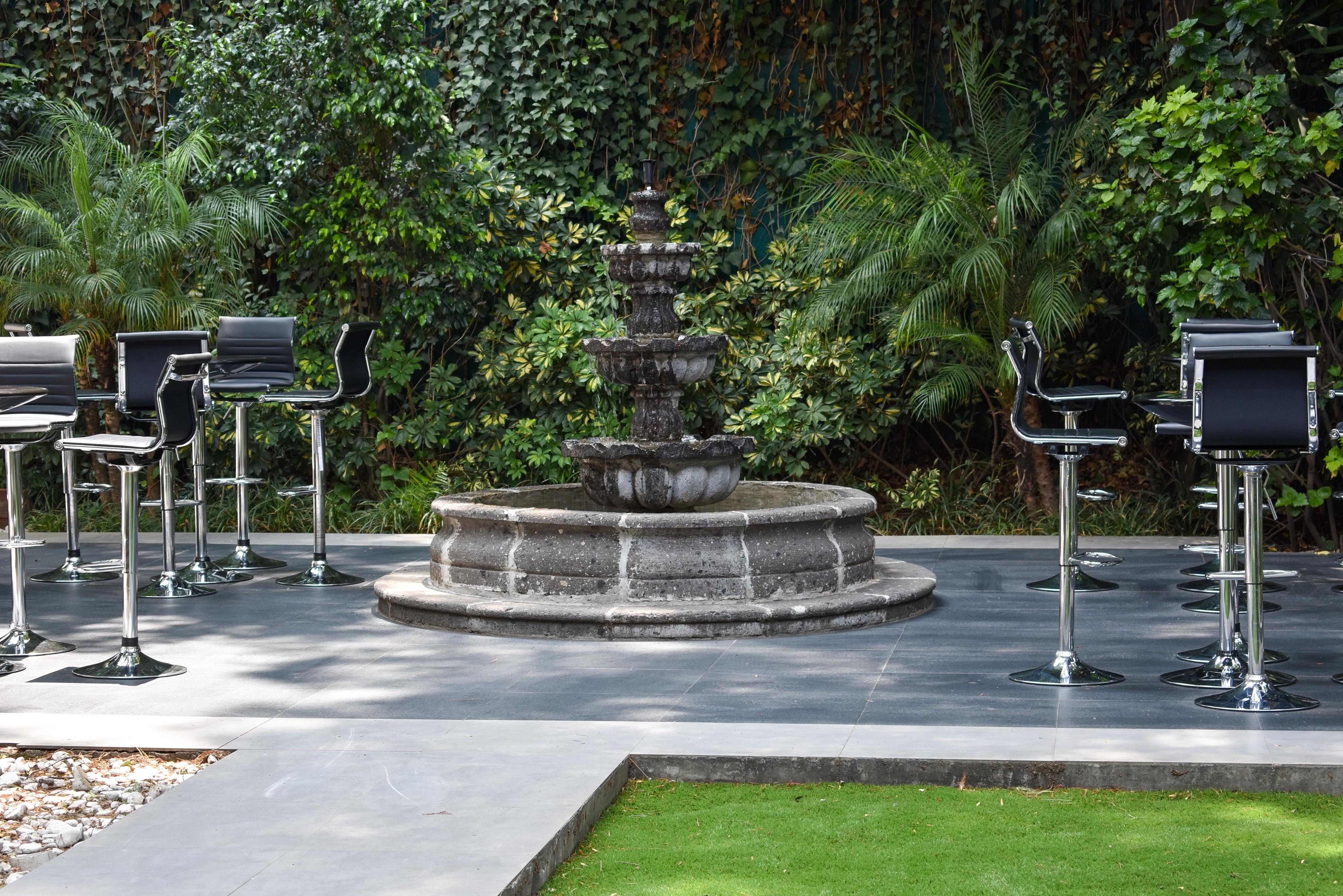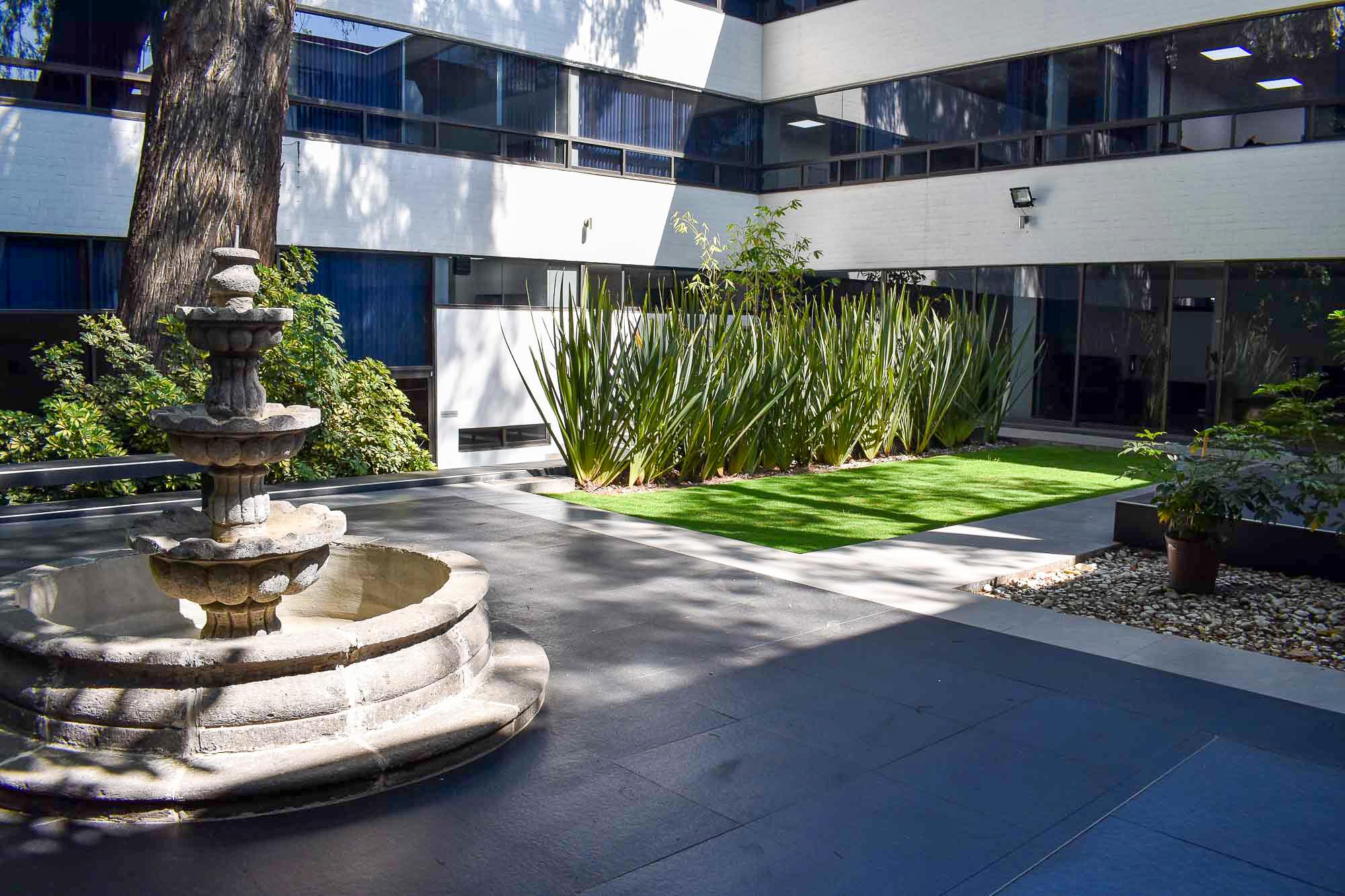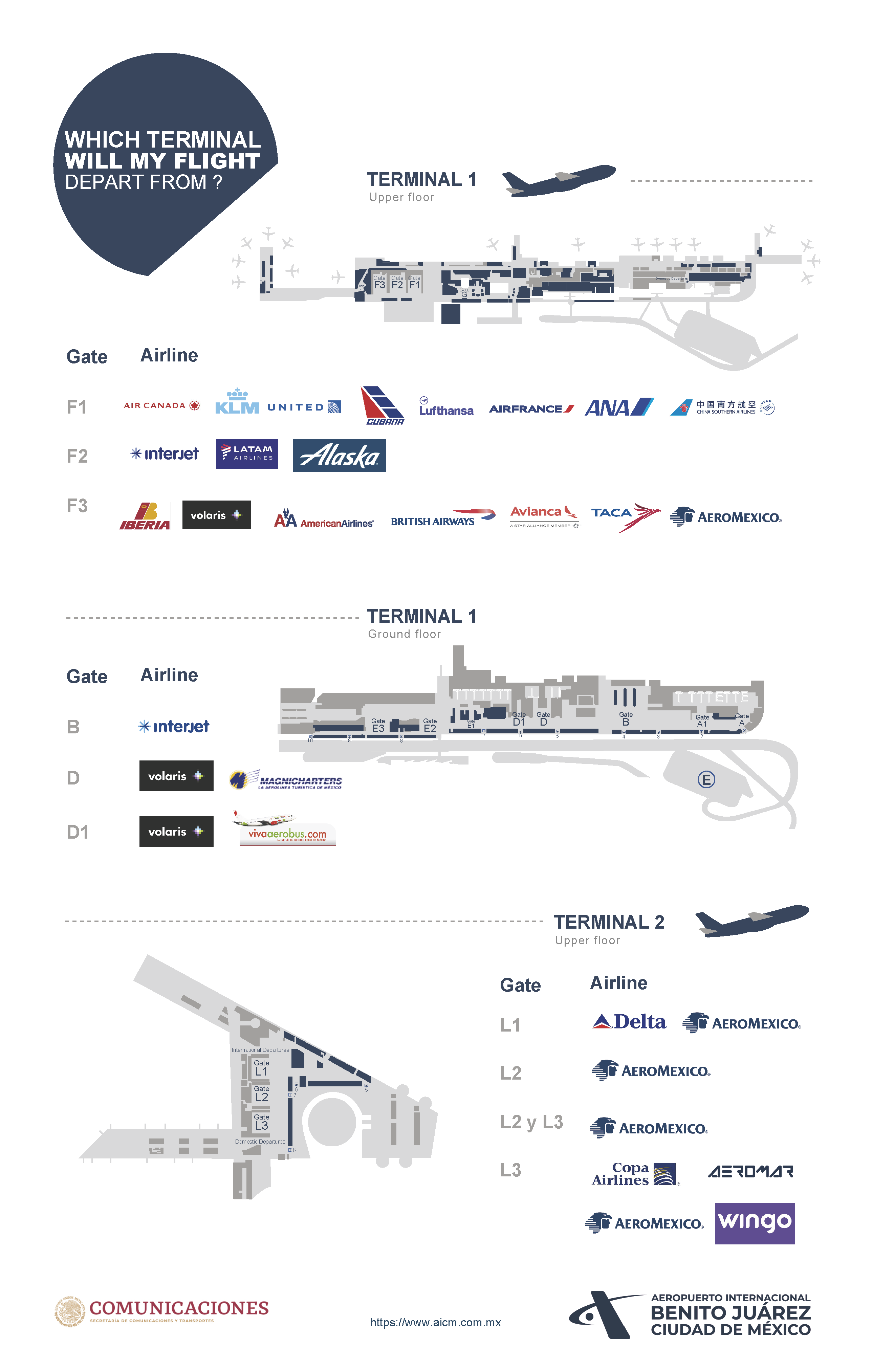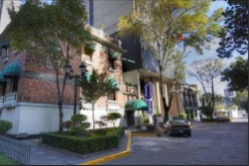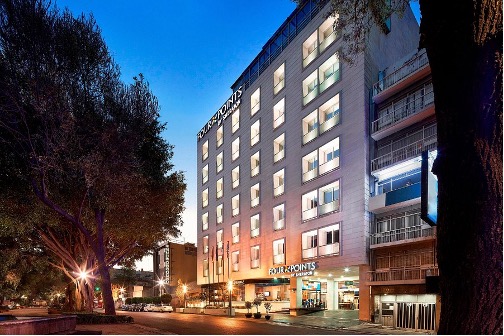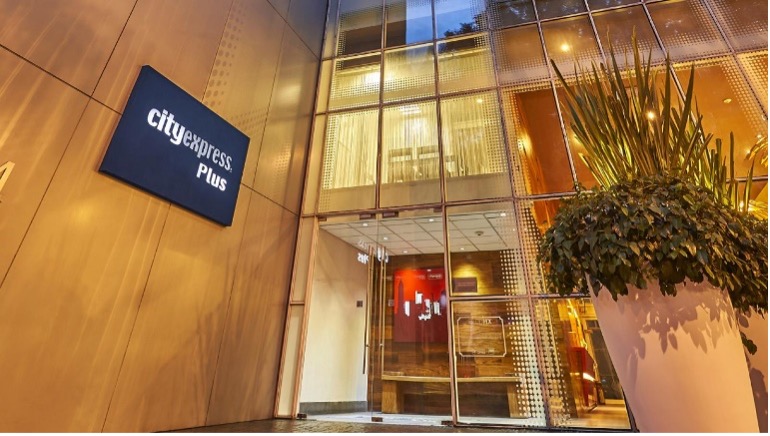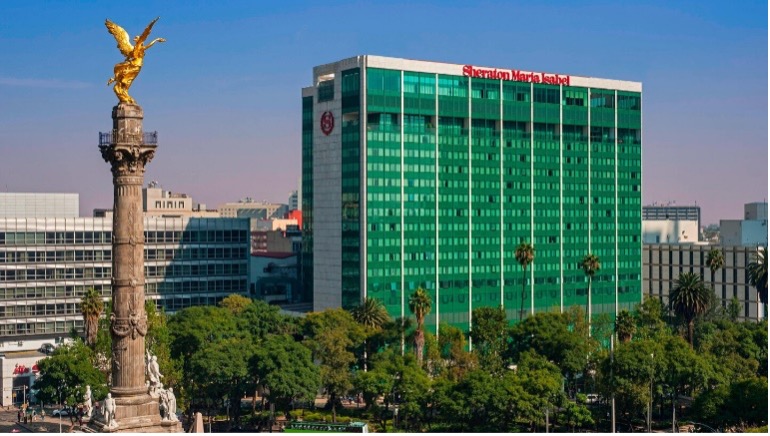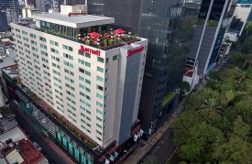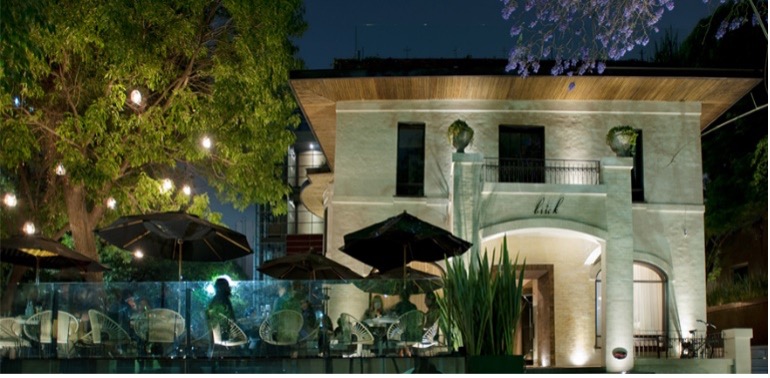
XIX Meeting of Heads of Monetary Policy
November 21 - 22, 2024
CEMLA, Mexico City, Mexico
The XIX Meeting of Heads of Monetary Policy took place on November 21 and 22, 2024 in Mexico City. The Meeting featured Óscar Arce (European Central Bank) and Trevor Reeve (Federal Reserve Board) as Invited Speakers. Óscar Arce's talk revolved around the Euro Area Economic Outlook and Monetary Policy, while Trevor Reeve presented the Monetary Policy in the U.S. The Meeting included presentations by Manuel Ramos-Francia (CEMLA) on “Recent Developments in Inflation and Monetary Policy in LA” and “Clogged Capital Flows Pipes? The Role of Pipes in Liquidity and Funding Stress”.
The Meeting also featured presentations from André Amante (Banco Central do Brasil), Guillermo Carlomagno (Banco Central de Chile), Alejandrina Salcedo (Banco de México), Juan José Ospina (Banco de la República - Colombia), Adrián Armas (Banco Central de Reserva del Perú), and Mauro Alessandro (Banco Central de la República Argentina) on their experiences in conducting monetary policy. Finally, a Round Table was held among heads of monetary policy, in which Leonardo Vicente (Banco Central del Uruguay) and Gabriel Cuadra (Banco de México) joined.
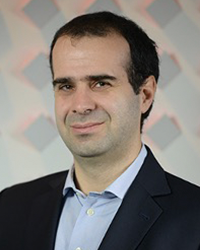
Mauro Alessandro
Mauro Alessandro is the Economic Research Deputy General Manager at the Central Bank of the Argentine Republic. He graduated in Economics from the Universidad de Buenos Aires (UBA) and holds a Ph.D. in Economics from the Massachusetts Institute of Technology (MIT). Before taking up his current position at the BCRA, he served as Deputy Manager for the General Management Office and as Economic Research Deputy General Manager.
He was also Monetary Policy Strategy and Communication Senior Manager, Economic Research Senior Manager, and Risk Assessment Senior Manager. Prior to joining the BCRA, he served as Head of Advisors of the Economic Policy Secretariat and as Advisor to the Argentine Ministry of Economy. In addition, he is a Professor in the Finance Master’s course at Universidad Torcuato Di Tella (UTDT). He has lectured at many conferences, both in Argentina and abroad, and has written various papers on international finance.
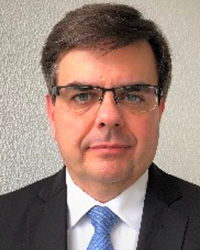
André Amante
André Amante is the Head of the Open Market Operations Department at Banco Central do Brasil (BCB). He is responsible for implementing the BCB's monetary operations, managing the central depository system for federal government securities, and providing assessments on monetary policy topics at the MPC meetings. Previously, he worked as a Senior Advisor in the same department from 2001 to 2018 and as a Researcher in the BCB's Research Department from 1999 to 2001. Mr. Amante holds a Master degree in Business Administration from the COPPEAD School of Business and a Bachelor of Science degree in Mechanical Engineering, both from the Federal University of Rio de Janeiro, Brazil.
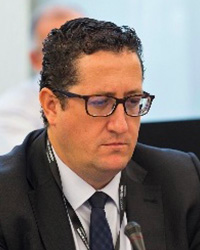
Óscar Arce
Óscar Arce is the Director General Economics at the European Central Bank (ECB). Previously, he worked at Banco de España, where he served as Director General of Economics, Statistics and Research, Associate Director General of Economics and Research, Director of Monetary and Financial Studies, and Head of the Macroeconomic Analysis and Forecasting Division. Formerly, he was the Director of the Research and Statistics Department at the Spanish Securities Markets Commission (CNMV), Deputy Director General at the Economic Bureau of the Spanish Prime Minister, and Senior Economist at the Banco de España. Mr. Arce holds a Ph.D. in Economics from the London School of Economics and Political Science and a M.Sc. in Economics from University College London. He is an alternate member of the European Central Bank's Governing Council, member of the ECB's Monetary Policy Committee, and member of the EU's Economic and Financial Committee. Before, he was involved in the work of several international bodies, including the European Securities and Markets Authority (ESMA), the European Systemic Risk Board (ESRB), and the International Organization of Securities Commissions (IOSCO).
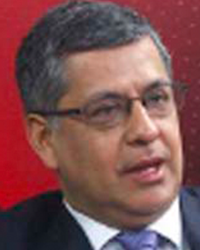
Adrián Armas
Adrián Armas has been Chief Economist of the Central Reserve Bank of Peru (BCRP) since 2005, except 2017-2018, when he was the Executive Director for Argentina, Bolivia, Chile, Paraguay, Peru, and Uruguay at the IMF Board. He has spent most of his career (since 1986) at the BCRP, where he was previously Head of the Monetary Policy Division (1997-2005) and Chief of the Financial Programming Section (1995-1997). He contributed to the design and implementation of Peru’s inflation targeting scheme and has written articles on this subject and others on central banking for the IMF, BIS, the LACEA Journal, and several central banks. He participated in IMF technical assistance missions as MCM Advisor in 2007-2017. He has taught Econometrics, International Economics, Macroeconomics, and Monetary Theory at several Peruvian universities. He holds an M.A. degree in Political Economy from Boston University (1992).
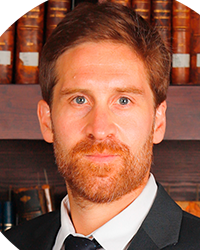
Guillermo Carlomagno
Guillermo Carlomagno is the Manager of International Analysis of the Central Bank of Chile as of November 2023. Mr. Carlomagno holds a degree in Economics from Universidad de la República del Uruguay (2008) and a Ph.D. in Economics and Quantitative Methods from Universidad Carlos III in Madrid. Before assuming as its Manager, he served in different positions in the Macroeconomic Analysis Department, namely Head of the Economic Analysis Department (2021-2023), Head of the Prices and Financial Markets Group (2020-2021) and Senior Economist (2018-2020).
Between 2005 and 2021, he worked as a Researcher and Consultant in academic centers, including Universidad Carlos III in Madrid, Universidad ORT in Uruguay, and the Economic Research Center (CINVE) in Uruguay. He has authored numerous papers in international economics and finance journals and chapters in specialized books.
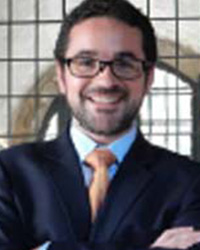
Juan José Ospina
Juan José Ospina joined Banco de la República (Colombia) in 2017. He currently is the Chief Officer for Monetary Policy and Economic Information, where he runs the team that produces the bank's macroeconomic analysis and forecasts, makes the monetary policy recommendation to the Board of Governors, and writes the Monetary Policy Report. He is also in charge of a labor market research team and the production of most of the bank's official statistics.
Prior to this role, he also worked as the head of the Fiscal Analysis Unit and as a researcher at the Macroeconomic Modeling Department. His research interests include monetary policy, business cycle fluctuations, asset pricing, pension systems, and the formation of consumer's expectations.
His research work has been published in academic journals including Econometrica and the Journal of Political Economy. He has taught courses in finance, macroeconomics, and statistics at the University of Chicago, Universidad de los Andes, Universidad del Rosario, Universidad del Norte, and Universidad Externado de Colombia. He holds a PhD in economics and an MBA (with honors) from the University of Chicago and bachelor degrees (with honors) in economics and industrial engineering from Universidad de los Andes.

Manuel Ramos-Francia
Manuel Ramos-Francia has a B.A. in Economics (with highest honors) from the Instituto Tecnológico Autónomo de México (ITAM). He was awarded a Fulbright Scholarship for graduate studies in the United States. He holds a Ph.D. in Economics from Yale University, where he graduated in 1993, specializing in Advanced Economic Theory and Financial Economics.
He has been Professor of Economics, having taught Advanced Macroeconomics, Open Economy Macroeconomics, Monetary Theory and Policy, and Financial Economics, and Director of the Center for Analysis and Economic Research at ITAM in Mexico. Dr. Ramos-Francia has held several positions at the Ministry of Finance: Deputy Minister (for Revenues), Chief Economist, and Chief Adviser to the Minister of Finance. He joined Banco de México in 2001, first serving as a Senior Adviser to the Board, then as Director General for Economic Research (Chief Economist) and, from April 2011 to December 2018, as Vice-Governor and Member of the Board. Currently, he is the Director General of the Center for Latin American Monetary Studies (CEMLA).
He has given seminars at universities such as Yale Economics, Harvard Business, Harvard Law, Columbia Public Policy, the University of Chicago Business, and ITAM, among others. He has also given conferences and seminars at many central banks such as the Fed, the NY Fed, the Bank of Canada, the Bank of England, the Banque de France, and the central banks of Argentina, Ecuador, Jamaica, Peru, Guatemala, Turkey, and others, as well as at international financial organizations such as the IMF, the BIS, the World Bank, the IIF, and the IADB. Also, at organizations such as LACEA, LAMES, the International Economic Association (IEA), the Reinventing Bretton Woods Committee, and the Adam Smith Seminar. He has also been invited to be a member of the Bretton Woods Committee.
Manuel Ramos-Francia represented Mexico in the G20 Central Bank Deputies Group from 2010 to 2018. He was Chairman of the Deputies of the International Monetary and Financial Committee (IMFC) of the IMF from 2015 to 2017. Similarly, he presided over the Central Bank Deputies Group under Mexico's G20 Presidency in 2012. He was given the Professional Merit Service Award from ITAM in 2009.
He has published various articles on monetary policy, fiscal policy, trade and applied econometrics in refereed economics journals such as: Journal of Money Credit and Banking, Economics Letters, Journal of Financial Stability, and Quarterly Journal of Finance, and many others, as well as in specialized books. He has refereed for journals such as: Journal of Money, Credit and Banking; Empirical Economics; Review of World Economics; International Journal of Economic Sciences and Applied Research; The World Economy, and others. He is Editor-in-Chief of the Latin American Journal of Central Banking. Also, he was a member of the Association of the IJCB's (International Journal of Central Banking) Management Committee.
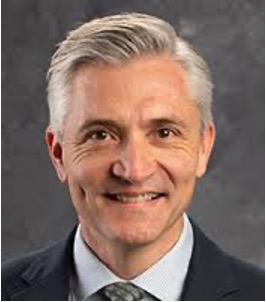
Trevor Reeve
Trevor Reeve is the Director of the Division of Monetary Affairs (MA) at the Federal Reserve Board of Governors. As division director, Trevor’s advises the Board of Governors and the Federal Open Market Committee (FOMC) on the conduct of monetary policy, including strategy, implementation, and communications. He leads the division’s more than 180 staff in its effort to support that work and other central banking responsibilities. Trevor also provides leadership as a member of the Board’s Executive Committee.
Trevor first joined the Board in 1998 as an economist in the Division of International Finance (IF) and was appointed to the Board’s official staff in 2006. He served in progressively more senior roles in IF, overseeing sections that monitor foreign economies, trade issues, and foreign financial issues. In 2012, he spent a year as senior adviser to the U.S. Executive Director of the International Monetary Fund. In recent years, Trevor has played a central role in supporting the FOMC's monetary policy process, beginning in 2014 as special adviser to then - Chair Janet L. Yellen. He was appointed deputy director in MA in 2017 and became director in 2020.
Trevor earned a B.S. in International Studies from the University of Utah in 1993. He received a M.A. in economics in 1996 and a Ph.D. in economics in 1998, both from Harvard University.
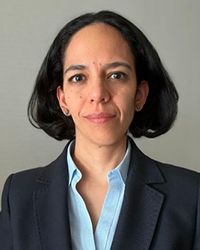
Alejandrina Salcedo
Alejandrina Salcedo is currently the Director General of Economic Research at Banco de México. She has a long-standing career at Mexico’s central bank, where she has held the positions of Director of Prices, Regional Economies and Information Analysis, Director of Economic Measurement, and Manager of the Real Sector Research Division. She has also served in Mexico’s government as Chief Economist at the Ministry of Finance. She holds a degree in Economics from the Instituto Tecnológico Autónomo de México (ITAM), where she graduated with honors, and an M.A. and a Ph.D. in Economics from Stanford University.
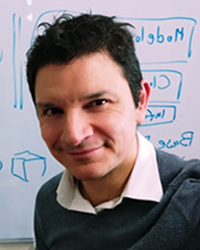
Leonardo Vicente
Leonardo Vicente is currently the Manager of Monetary Policy at the Central Bank of Uruguay (BCU); formerly, he held various positions at the BCU, such as Manager of Macroeconomic Analysis, Head of the Macroeconomic Modelling Department, and Head of the Fiscal Analysis Department. He is also a Professor of advanced macroeconomics and public finance at the Universidad de la República and previously at Universidad Católica del Uruguay. He holds a degree in Economics from Universidad de la Republica (Uruguay) and a Master of Science in Economics from the London School of Economics. He has published in several refereed journals, such as Revista de Economía of the Central Bank of Uruguay and Cuadernos de Economía of UCUDAL. His main areas of interest are macroeconomics, monetary economics, public finance, and econometric modelling.


